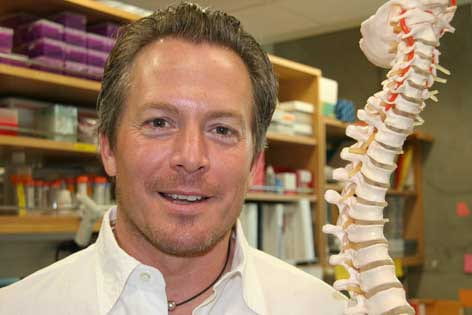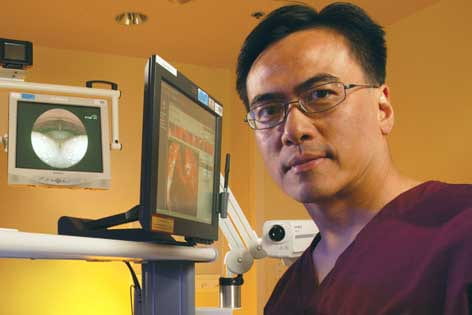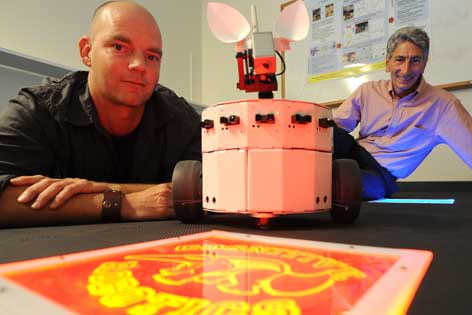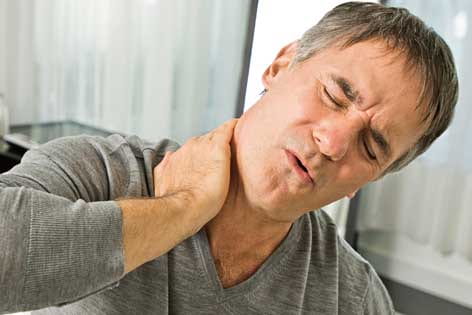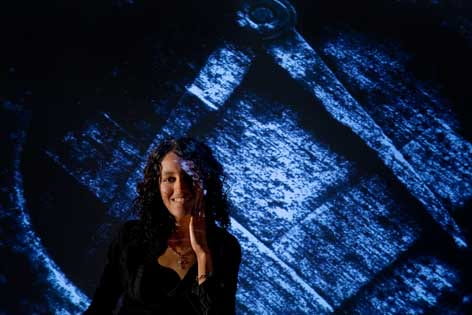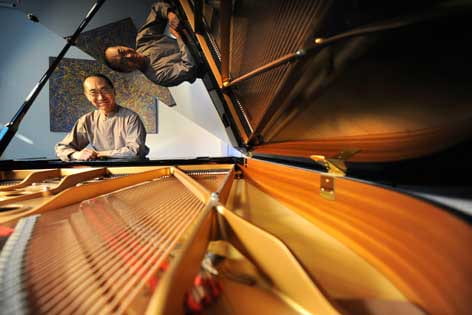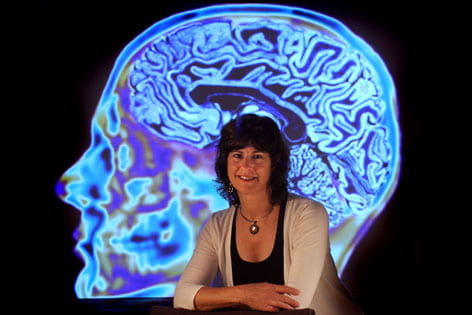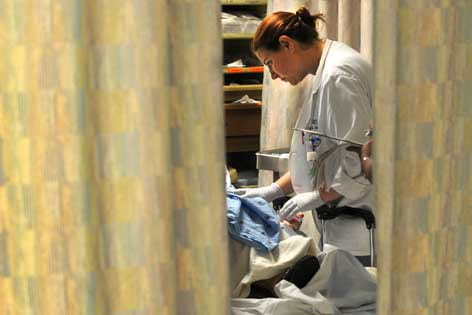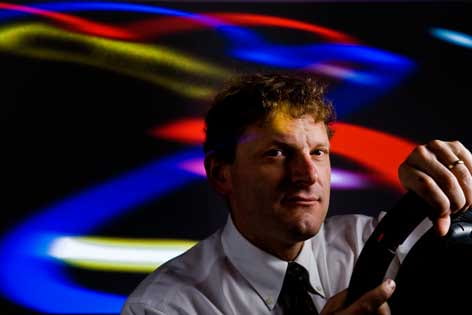Stem cells restore mobility in neck-injured rats
The first human embryonic stem cell treatment approved by the FDA for human testing has been shown to restore limb function in rats with neck spinal cord injuries – a finding that could expand the clinical trial to include people with cervical damage.
